Sustainability
Tanning leather is recycling. The skins of dead animals are waste from the food industry: an inedible waste, which spoils and rots very quickly. The leather industry is responsible for processing it and transforming it into a durable, resistant, waterproof, breathable and thermo-adaptable material that can be used in the manufacture of objects.
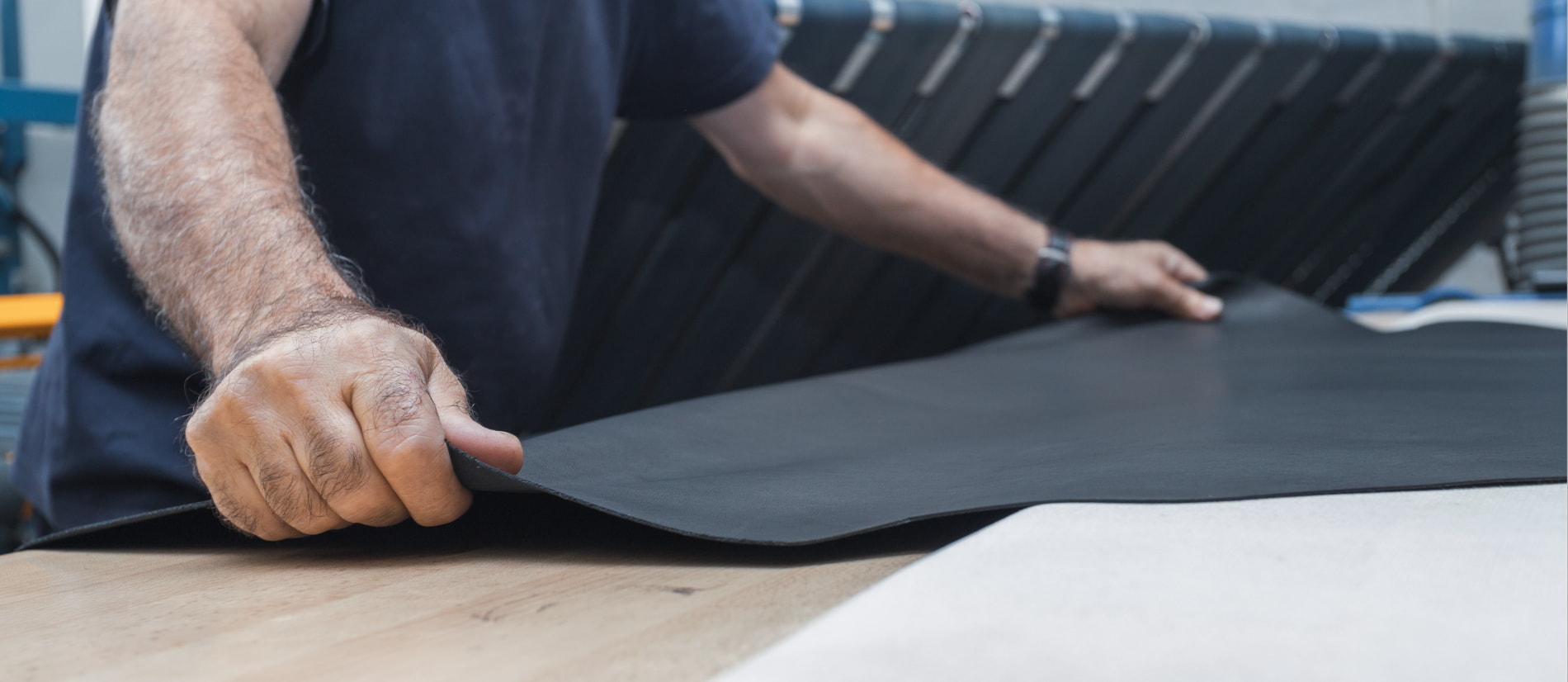
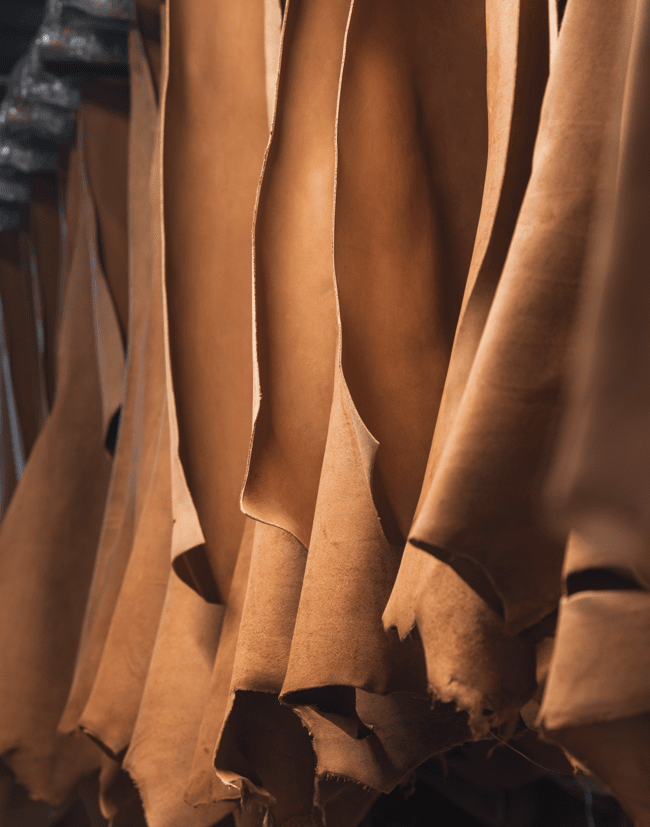
Nature inspires us with its colours and textures, becoming an inexhaustible source of inspiration. We work with everything that nature offers us: leathers, dyes and raw materials. That is why we respect it and want to give back what it gives us, as part of our attempt to be greener every day in our processes.
Leather Working Group Certification
The Leather Working Group (LWG) is a non-profit organization that works to build a sustainable future, through best practices and social and environmental changes in the leather industry. This community includes actors from all parts of the leather supply chain, working together in an organized way to make responsible leather production and sourcing a reality.
The Leather Working Group was founded in 2005 as a collaborative initiative between footwear, clothing and upholstery brands and leather manufacturers. Since then, the LWG has been the main body that evaluates the environmental impact of leather production.
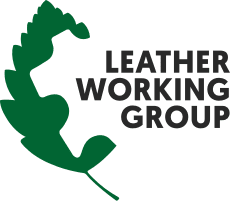
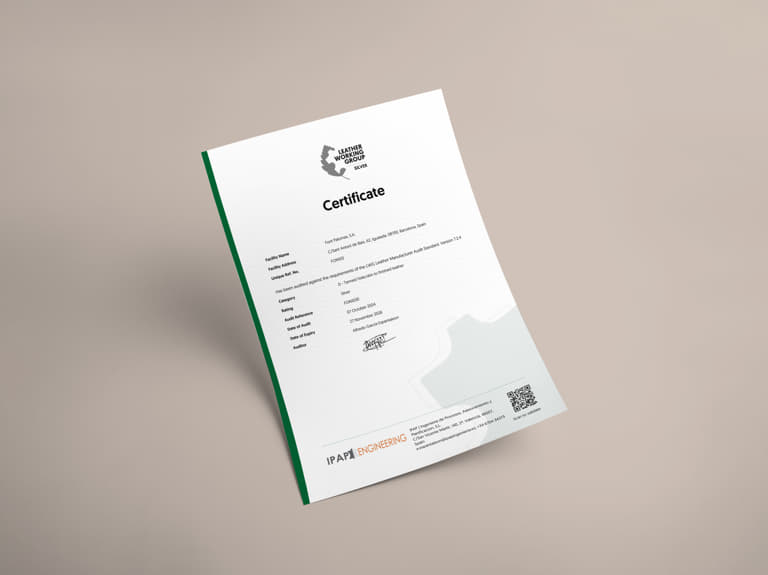
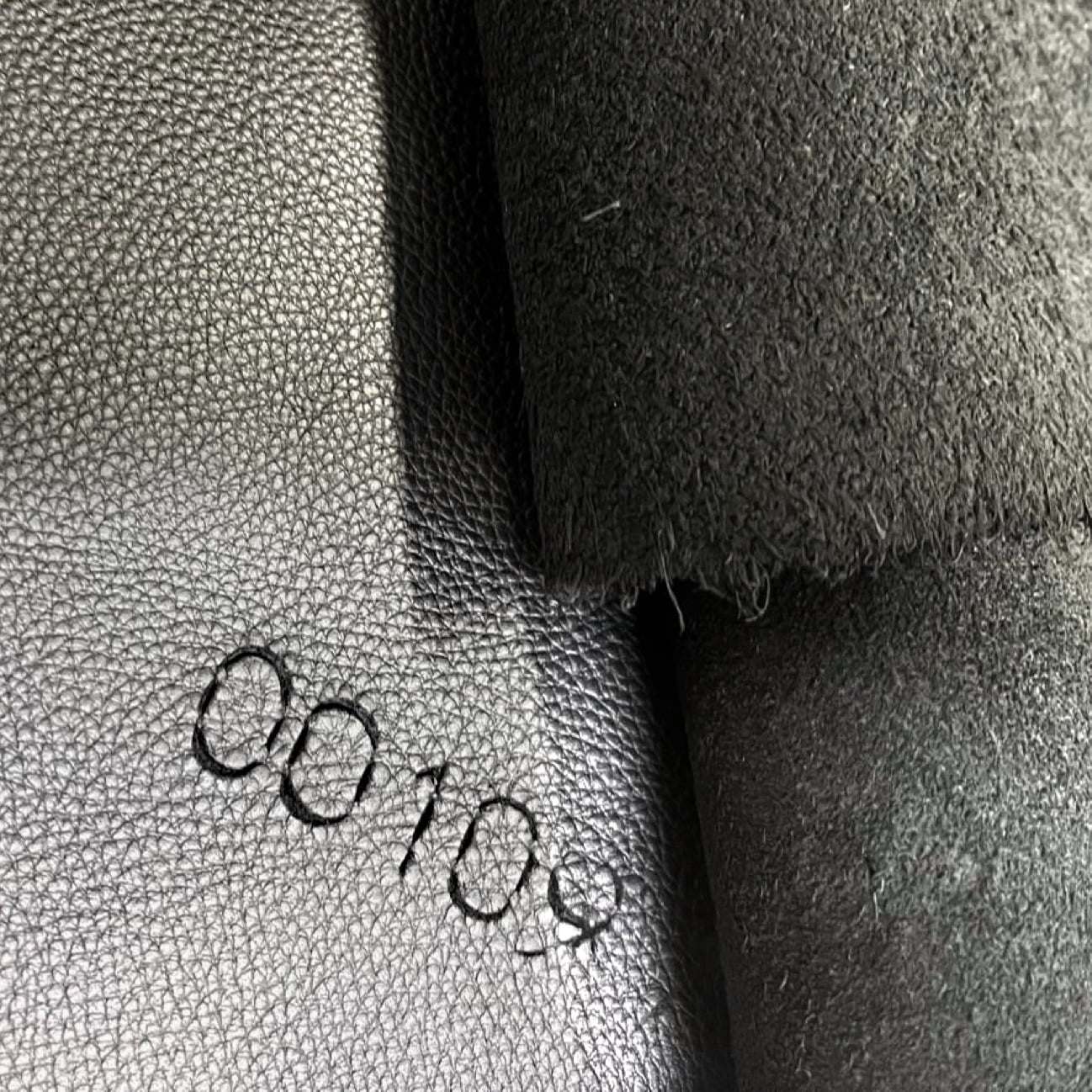
Traceability of leather
At Font Palomas, we focus on caring for the well-being of animals, which is why we have established a tracking system to identify the origin and acquisition procedure of our leather. We promote local consumption, prioritizing the excellence of our raw materials and establishing collaborations with producers, in order to promote more environmentally friendly practices and contribute to the sustainable development of our country.
Dels Blanquers Water-treatment Plant in the Rec neighbourhood (Igualadina de Depuración y Recuperación SL):
Tanneries consume large quantities of water during the leather tanning process and also generate wastewater with abundant content of organic matter, sulphides and salt.
At Igualada, all tanneries joined forces to create a wastewater treatment plant, the Dels Blanquers Water-treatment Plant, which uses a pioneering biological system in Europe. Currently, it purifies the wastewater of the 28 companies that are still active and is the cornerstone of an environmental program that has made this industry more competitive and greener.
